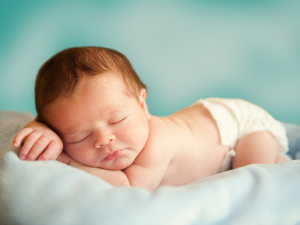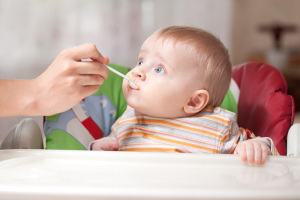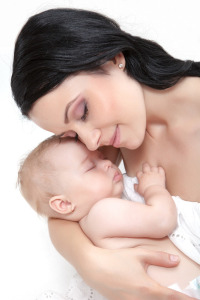Babies tend to spit up some milk mixed with saliva while they are feeding or burping. Though it’s natural for mothers to be concerned about this, they need not be. This usually happens because your baby’s digestive system is still maturing and the muscular valve between their esophagus and stomach may not yet close tightly. The slightly open gap causes contents in your baby’s stomach to back up and spill out.
Up to 50% of babies aged zero to 3 months spit up, and spitting up commonly hits a peak at 4 months of age. As your baby’s digestive system continues to mature, spitting up will gradually disappear by the age of 12 months.
Try these simple tricks to reduce the chances of your baby spitting up:
Try smaller, more frequent feedings
Given that your baby’s regular feedings contribute to spitting up, you can begin to limit the length of each session if you’re breast-feeding or offer your baby a lesser quantity if you’re bottle-feeding. This will also help your baby from getting too hungry and over feeding.
Keep your baby upright
By keeping your baby in an inclined or upright position while feeding and for about 15 to 30 minutes after feeding, you help your baby’s digestive system to keep its contents down.
Avoid distractions and interruptions during feeding
Keep your baby’s feeding time as calm as possible. Avoid jostling or playing with your baby while feeding and immediately after as it may disturb food from settling and result in spitting up.
As a rule of thumb, as long as your baby is a ‘Happy Spitter’ then there is no cause for concern. You may notice that spitting up does not make your baby upset or put them in discomfort but in the case of vomiting these are obvious behavior changes.
Your baby is a ‘Happy Spitter’ when in spite of spitting appears to be:
- Content
- Comfortable
- Growing, and
- Experiencing no breathing problems
If your baby does show signs of discomfort and pain, breathing problems of any kind and poor growth, it is best to talk to your pediatrician who will be able to diagnose if these are in fact signs of Gastroesophageal reflux disease (GERD) and provide a correct treatment plan.
Sources:




